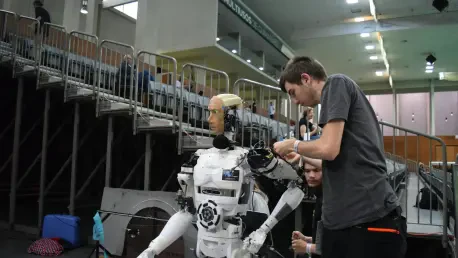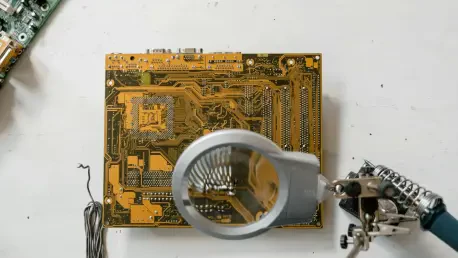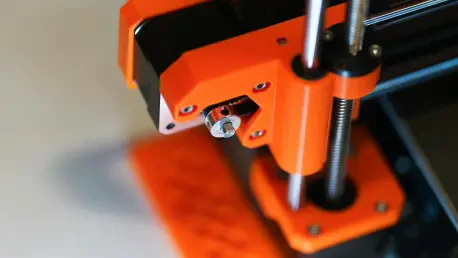
In the fast-evolving landscape of manufacturing, a staggering 34% of industry leaders report that their workforce lacks the technical expertise needed to deploy Generative AI (GenAI) effectively, posing a significant barrier to harnessing a technology that promises to revolutionize efficiency and

In a world where industrial competitiveness hinges on technological innovation, a transformative partnership between Deutsche Telekom, PhysicsX, and NVIDIA emerges as a beacon of progress for Europe’s manufacturing sector, promising to redefine how industries like aerospace, automotive, and

In an era where technology drives the backbone of critical infrastructure, a disturbing trend has emerged that could jeopardize public safety on a massive scale, with recent findings from a leading cybersecurity firm revealing a sharp increase in the number of Industrial Control Systems and

In the fast-paced world of semiconductor manufacturing, where precision is paramount and even the smallest deviation can result in catastrophic financial losses, the ability to detect anomalies in real time has become a game-changer. Imagine a production line processing thousands of wafers daily,

In the dynamic landscape of UK manufacturing, a remarkable transformation is underway, fueled by the rapid rise of Computer Numerical Control (CNC) services that are redefining industrial capabilities. This advanced technology, which leverages computer-driven precision to produce highly intricate

In the rapidly advancing realm of jewelry manufacturing, 3D printing has become a transformative force, reshaping how intricate designs are brought to life, and 3D Systems stands at the forefront with their groundbreaking MJP 300W Plus. Unveiled as the most advanced wax 3D printer in their lineup,